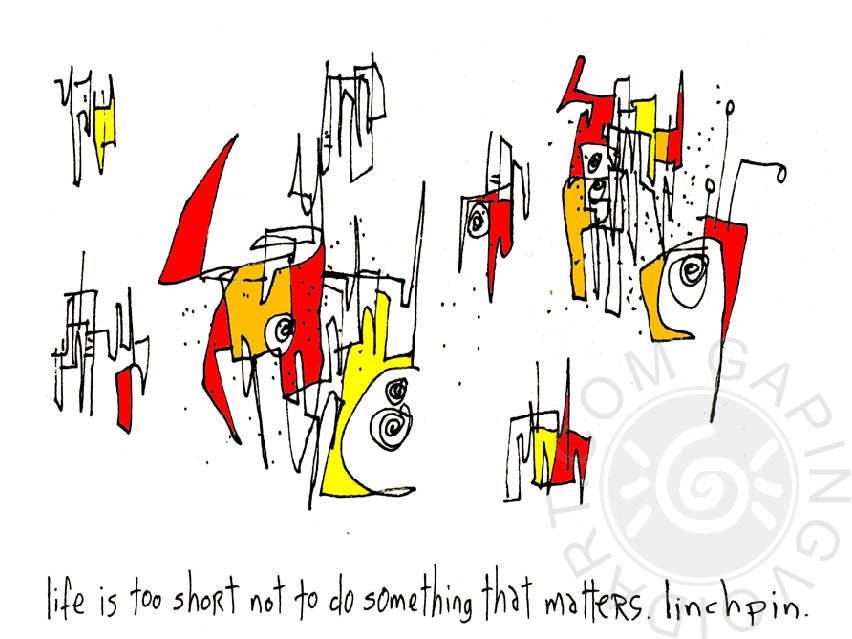All of us have habits of some sort. Some like to jog every morning while some can't sleep till it's passed midnight. And we are all aware that there are good and bad habits. When I decided to start blogging, it felt like a part time job. My goal was 3 to 5 posts a week and I was struggling to meet the quota.
But after a month or so, blogging became part of my daily routine and I'm now starting to be able to schedule posts into the future. Blogging is now a habit and doesn't seem as hard.
If there is something you want to do often, turn it into a habit. Once it's a habit, it takes a lot less effort to do it. You will feel as if you've been doing it all along. Just make sure to get rid of the bad ones.



